PRISTINA, Kosovo (AP) — Kosovo’s president on Friday set Feb. 9 as the date for the tiny Balkan country’s new parliamentary elections, a vote that is expected to be a key test for Prime Minister Albin Kurti whose governing party won in a landslide in the 2021.
In a decree published on her Facebook page, President Vjosa Osmani said she set the date after consulting with political parties, including Kurti’s governing left-wing Vetevendosje! or Self-Determination Movement Party.
Kurti earlier this week called for the full reopening of a bridge in the flashpoint city of Mitrovica, a move that the West is concerned would escalate tension with the area’s minority ethnic Serbs. Mitrovica is divided into a Serb-dominated north and ethnic Albanian south, and the two sides rarely mix.
Kurti has also been at odds with Western powers over Kosovo’s unilateral closure of six branches of a Serbia-licensed bank in northern Kosovo.
The vote next February will determine who will govern Kosovo in the stalled normalization talks with neighboring Serbia, facilitated by the European Union, which have failed to make progress.
Kosovo was a former Serbian province until a 78-day NATO bombing campaign in 1999 ended a war between Serbian government forces and ethnic Albanian separatists in Kosovo, which left about 13,000 dead, mainly ethnic Albanians, and pushed Serbian forces out. Serbia does not recognize Kosovo’s independence, proclaimed in 2008.
Over 50 countries go to the polls in 2024
- The year will test even the most robust democracies. Read more on what’s to come here.
- Take a look at the 25 places where a change in leadership could resonate around the world.
- Keep track of the latest AP elections coverage from around the world here.
Several of Kosovo’s former leaders, including ex-President Hashim Thaci, are on trial before a European Union-backed court in The Hague, Netherlands, on war crimes charges.
NATO-led peacekeepers known as Kosovo Force, or KFOR, have increased their numbers along the Kosovo-Serbia border after tensions escalated in May and September last year.

